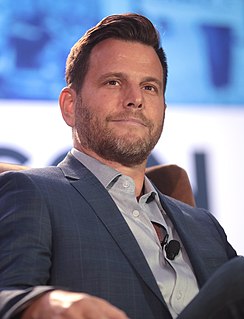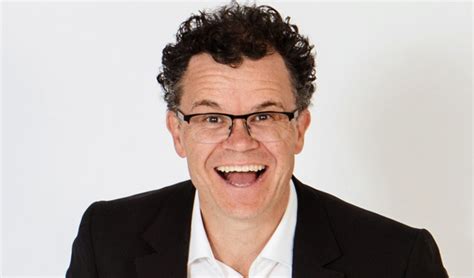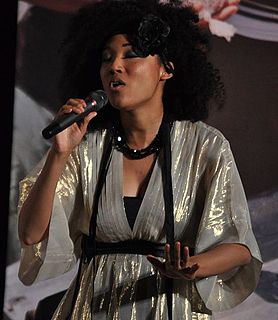A Quote by Arca
Once you share what you're communicating with your audience, then you can make more sense of it in a subconscious way.
Related Quotes
As you sow in your subconscious mind, so shall you reap in your body and environment. Whatever your conscious mind assumes and believes to be true, your subconscious mind will accept and bring to pass. Whatever you habitually think sinks into the subconscious. The subconscious is the seat of the emotions and is a creative mind. Once subconscious accepts an idea, it begins to execute it. Whatever you feel is true, your subconscious will accept and bring forth into experience.
Once you have found yourself and accepted your aloneness, then the greatest blessing is to share the love that arises within you. Each new moment presents the richest opportunity to be loving. And you can share love in the simplest of ways. Be soft and gentle. Be caring and kind. Be loving in an ordinary way, without any sense of wanting anything back, Life offers you the most precious gift. The gift of allowing you to be present and share love.
Can you remember how you felt when you were communicating through your artwork? Not just the sense of completion, but the sense of rightness- the sense that you had brought to life something that could live beyond your sphere of being, that held in it far more potential than you ever realized you were imbuing in the work?
The best way to make friends with an audience is to make them laugh. You don't get people to laugh unless they surrender - surrender their defenses, their hostilities. And once you make an audience laugh, they're with you. And they listen to you if you've got something to say. I have a theory that if you can make them laugh, they're your friends.
I usually don't share the music with the musicians until right before they have to record their parts, because I hate discussing it and just intellectualizing it on any level. I just want to speak from the subconscious, which knows way more about me than my intellectual side will ever know. Once I start doing the arrangements - what I call the architecture of the song - that has a lot of thought put into it.
And when you are operating within your style, which is your world, which you operate in, then it also would make sense to you. Now, whether it makes sense to anybody outside is besides the point really. You just do it and then you find that other people kind of begin to relate to it and allow themselves to get into your way of thinking about things.
The most stressful and difficult part of steering a large movie is that you are taking on the responsibility of communicating with a very wide audience. You can't ever hide behind the notion of, 'Okay, they just don't get it,' or, 'Certain people just don't get it.' You have to be mindful of the size of your audience, and you have to communicate in a way that lets them in.




































